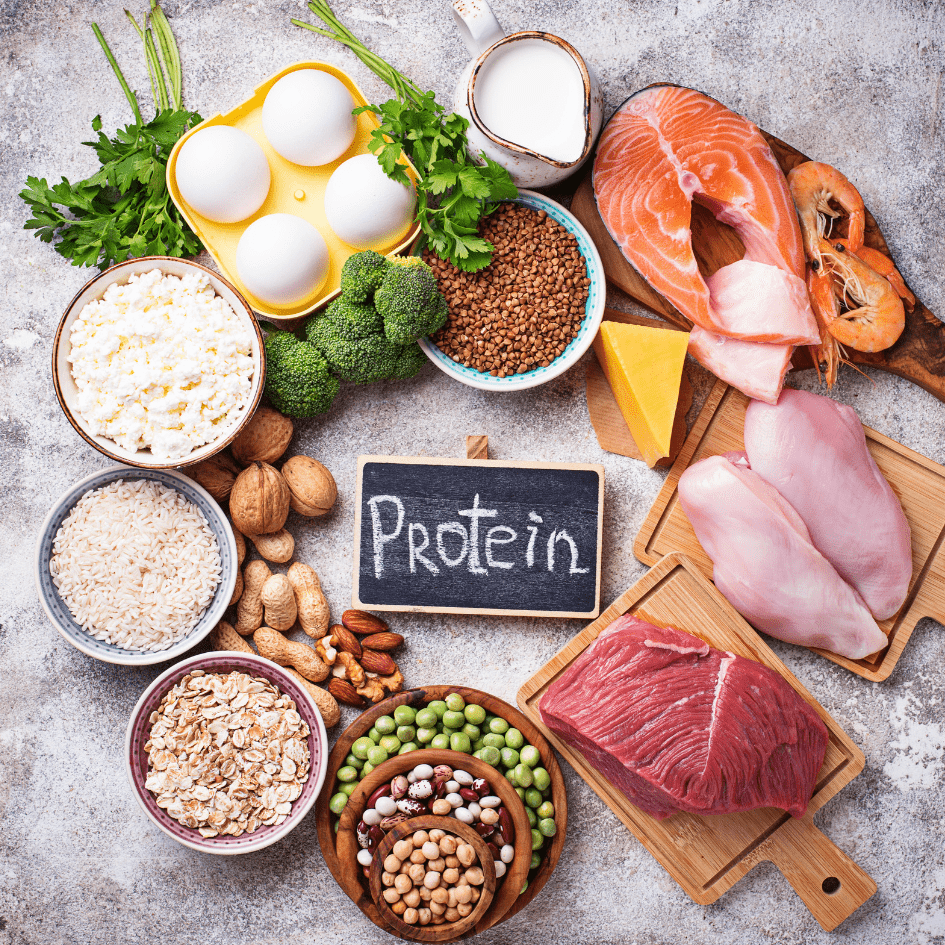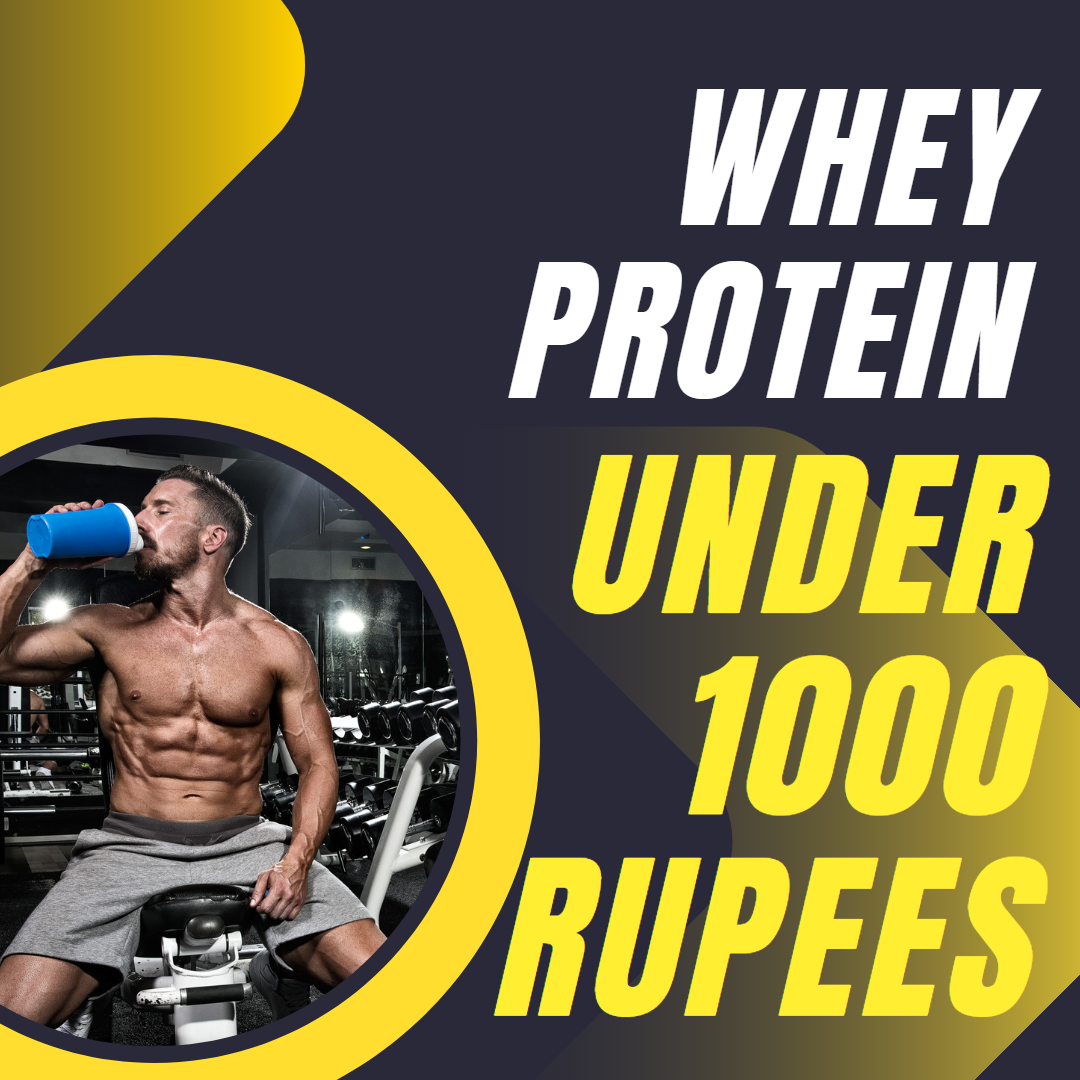The Ultimate Showdown: Whey Protein vs. Other Protein Sources

When it comes to nutrition and fitness, protein plays a vital role in building and repairing muscles, regulating hormones, and supporting overall health. Among the plethora of protein options available, whey protein stands out as a popular choice among fitness enthusiasts and athletes. However, it’s essential to understand how whey protein stacks up against other protein sources to make an informed decision about what suits your dietary needs and fitness goals. In this article, we will explore the benefits and drawbacks of whey protein and compare it to other protein sources, allowing you to navigate the protein puzzle with confidence.
Whey Protein vs. Other Protein Sources: Breaking Down the Basics
Before diving into the specifics, let’s shed light on whey protein Vs. other protein sources, highlighting their unique characteristics and origins.
1. Whey Protein: The Powerhouse of Amino Acids
Whey protein is a complete protein derived from milk during the cheese-making process. It is renowned for its exceptional amino acid profile, including all nine essential amino acids necessary for optimal muscle growth and repair. This fast-absorbing protein offers a high biological value, ensuring efficient utilization by the body.
2. Other Protein Sources: Exploring the Alternatives
While whey protein steals the spotlight, there are several other protein sources worth considering. These include:
- Casein Protein: Another milk-derived protein, casein, differs from whey in terms of absorption rate. Casein is slow-digesting, making it an excellent option for sustained muscle protein synthesis.
- Plant-Based Proteins: As the demand for vegan and vegetarian alternatives rises, plant-based proteins have gained popularity. Options like soy, pea, hemp, and rice protein offer a diverse range of amino acids while catering to specific dietary preferences.
- Egg Protein: Often regarded as the gold standard before the rise of whey protein, egg protein boasts an impressive amino acid profile and is highly bioavailable.
The Battle Begins whey protein Vs. other protein sources
Now that we understand the protein landscape let’s compare whey protein head-to-head with other protein sources, evaluating their attributes, benefits, and potential drawbacks.
1. Protein Quality: Whey Takes the Crown
When it comes to protein quality, whey protein reigns supreme. Its amino acid composition and high biological value contribute to optimal muscle protein synthesis. Other protein sources, although effective, may have limitations in terms of essential amino acid content or bioavailability.
2. Digestibility: The Fast and the Slow
Whey protein’s rapid digestion rate makes it an ideal choice for post-workout nutrition, ensuring quick delivery of amino acids to muscle tissue. Conversely, other protein sources like casein or plant-based proteins digest more slowly, providing a sustained release of amino acids, and making them suitable for prolonged periods without protein intake.
3. Muscle Building Potential: Whey Protein Takes the Lead
Numerous studies have showcased whey protein’s superior muscle-building properties compared to other protein sources. Its fast absorption and high leucine content stimulate muscle protein synthesis to a greater extent, promoting lean muscle mass gains and aiding in muscle recovery.
4. Lactose Sensitivity: Considering Alternatives
Whey protein, derived from milk, contains lactose, a sugar present in dairy products. While most individuals tolerate whey protein well, those with lactose intolerance may experience discomfort. In such cases, opting for lactose-free protein sources like plant-based proteins or lactose-free whey protein isolates can be a suitable alternative.
5. Allergies and Sensitivities: Looking Beyond Whey
While whey protein is generally safe for consumption, individuals with dairy allergies or sensitivities might need to explore non-dairy protein options. Plant-based proteins, such as soy or pea protein, offer allergen-free alternatives without compromising on protein quality.
6. Cost-Effectiveness: Evaluating the Budget
Whey protein, especially whey protein concentrates, often provides an affordable protein option compared to some alternatives like plant-based proteins. However, the cost can vary depending on factors such as brand, quality, and source. It’s essential to consider your budget and personal preferences when selecting the right protein source.
Plant-Based Protein Powder – The Ultimate Guide 2023
FAQs: Answering Your Protein Dilemmas whey protein Vs. other protein sources
Here are some frequently asked questions regarding whey protein Vs. other protein sources
Whey Protein vs. Other Protein Sources: The Protein Puzzle Unraveled
In the quest to meet your protein needs, understanding the differences between whey protein Vs. other protein sources are crucial. Whey protein’s superior amino acid profile, muscle-building potential, and fast absorption make it a popular choice among fitness enthusiasts.
However, alternative protein sources like plant-based proteins, casein, or egg protein offer viable options depending on individual preferences, dietary restrictions, and budget considerations. Ultimately, selecting the right protein source involves assessing your goals, lifestyle, and personal requirements. By making an informed decision, you can maximize the benefits of protein supplementation while complementing your overall nutrition plan.
- Where to Find the Best Plum Cake in Bangalore for Christmas & New Year - November 23, 2025
- Water Intake Calculator: Everything You Need to Know - September 7, 2024
- 5 Weight Gain Drink Recipes for Healthy Bulking - March 29, 2024









